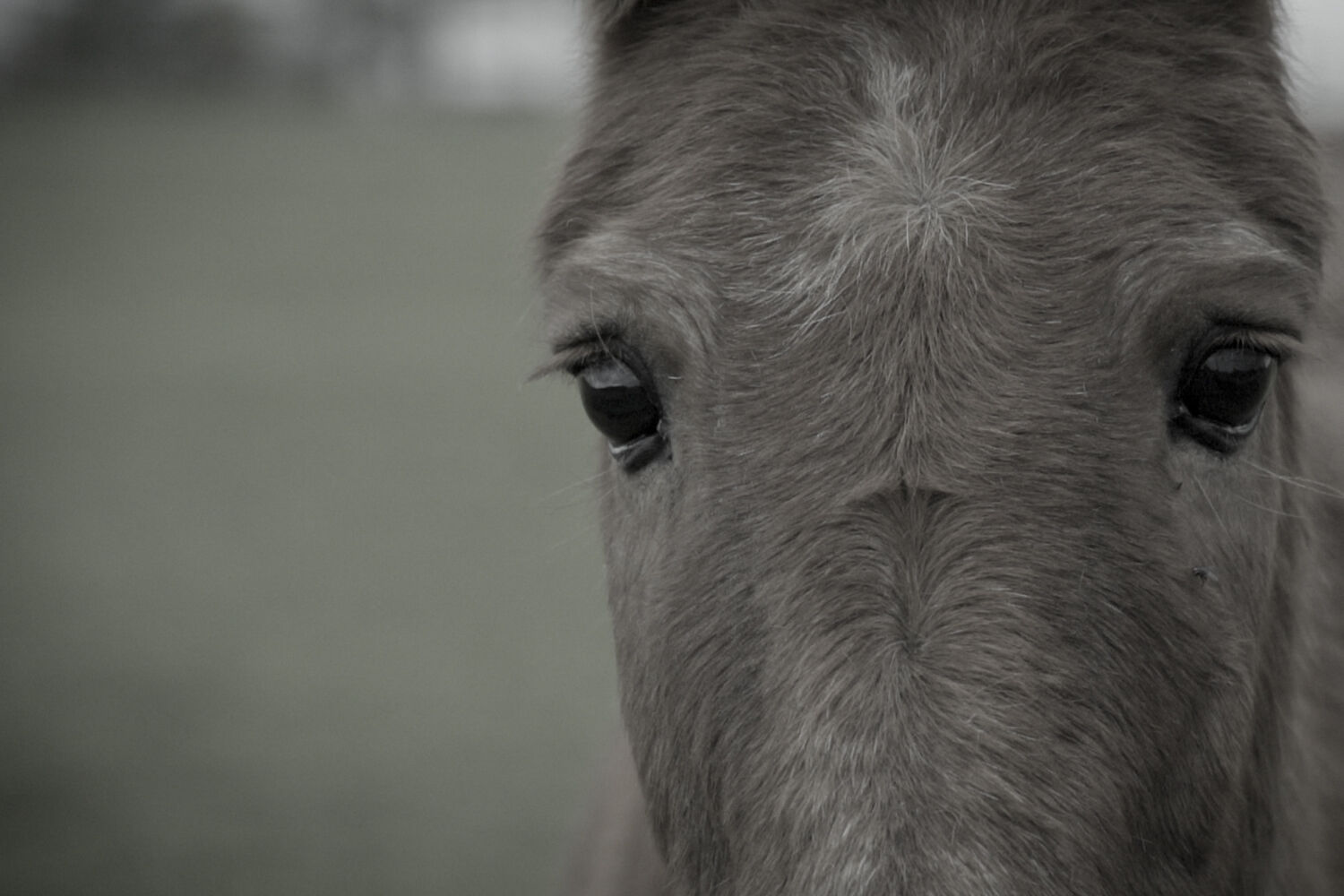Our charity calls for improved laws to protect Europe’s seven million horses
We are calling for equid-specific legislation informed by scientific evidence.
Posted on 18/03/2025
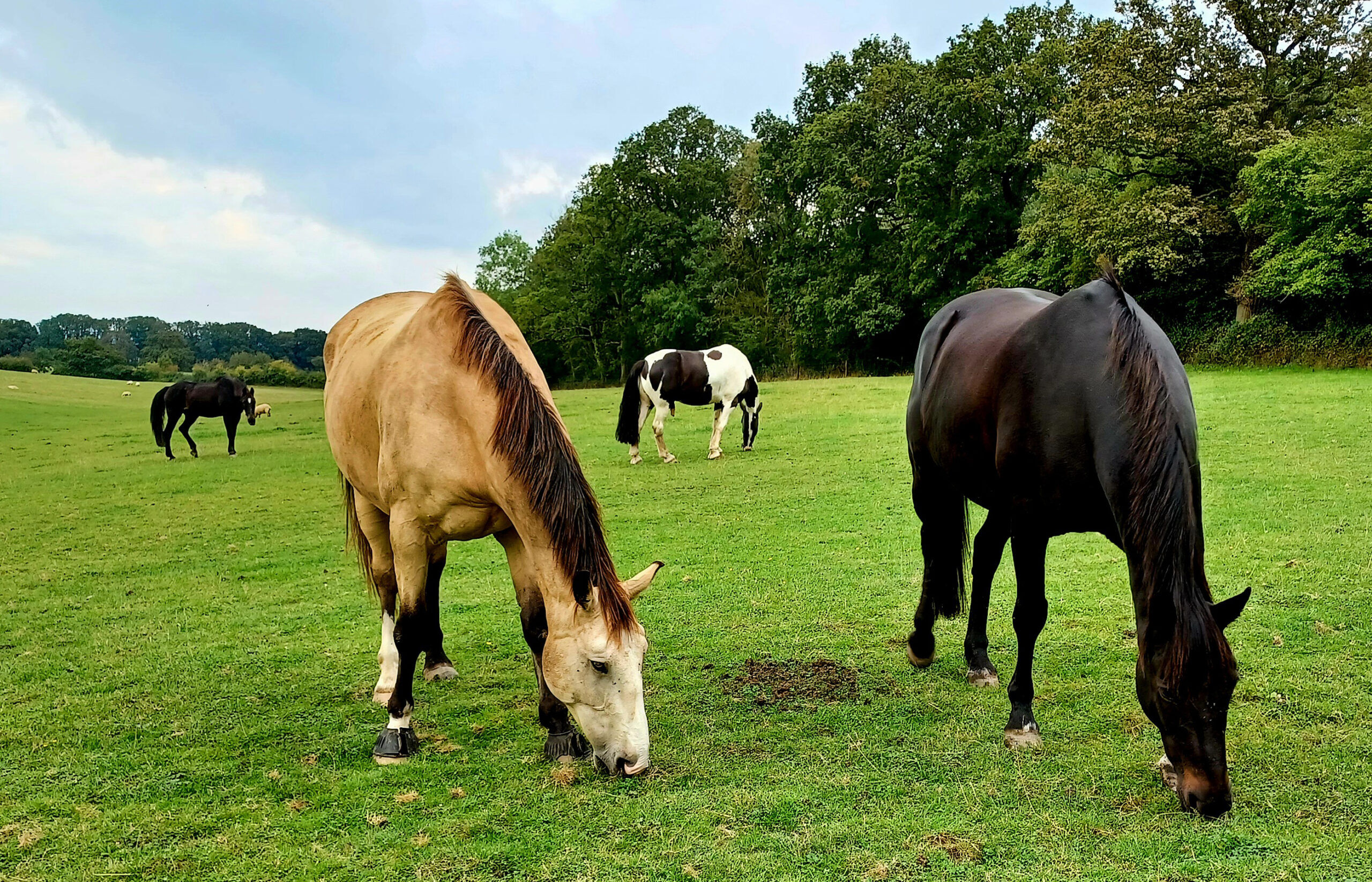
Welcoming the publication of the European Commission’s ‘Vision for Agriculture and Food‘ – which commits to updating the EU’s animal welfare legislation – our charity is calling for these laws to protect all of Europe’s horses, donkeys and mules, not just those kept for farming, and for the laws to be informed by scientific evidence.
The European Commissioner for Health and Animal Welfare, Oliver Várhelyi’s, latest address to the European Parliament Intergroup on the Welfare and Conservation of Animals last week, outlined his commitment to the ‘End the Cage Age’ initiative but did not provide any detail on how animal welfare rules would be modernised at an EU level.
We believe it is crucial that there be a comprehensive review of EU animal welfare legislation and that it should be informed by the latest scientific evidence. A key component of this being the White Paper ‘Good Welfare for Equids‘ which was compiled by experts and published by Eurogroup for Animals last year with support from the charity and other welfare organisations.
Our Director of Communications and Public Affairs, Jessica Stark, said:
“We were encouraged both by the Commissioner’s commitment to update the rules on animal welfare in the EU and the inclusion of this commitment in the Vision for Agriculture and Food. Although there is already animal welfare legislation in place it only encompasses horses, ponies, donkeys and mules kept for farming purposes and has never covered other equids, such as those for sport, leisure or therapy. Without changes to the legislation, millions of equids will remain unprotected.
“Moreover, the EU’s animal welfare laws for agriculture have never considered the specific needs of equids which can be very different to those of livestock.”
Having presented the ‘Good Welfare for Equids’ White Paper in person to the European Commission in October last year, our charity believes that it should inform the legislation as it includes the latest evidence and practical indicators on what good equine welfare looks like.
Jessica said, “By basing any new welfare laws on evidence, including the widely-accepted Five Domains model of animal welfare assessment, our aspiration is for the EU to move beyond basic standards of ‘a life worth living’ to providing all of Europe’s horses, donkeys and mules with a ‘good life’.”
Our charity also believes that introducing a robust digital equine identification system across Europe is the cornerstone of protecting equine welfare.
“The White Paper highlights the vital need for a consistent, robust, practical, and enforceable approach to identification and traceability for all equids across Europe if their welfare is to be protected, and laws enforced,” said Jessica.
“This must enable full traceability of individual equids throughout their lifetime and ongoing surveillance of the European equid population.”
While the White Paper has been written to inform both the Kept Animal Regulation and the Equine ID laws in the EU, we believe its evidence-based recommendations are just as applicable to equids kept in the UK and beyond. By urging the European Commission on three priority areas: welfare during transport, welfare at slaughter and welfare of kept animals, our charity aims to improve the lives of all of Europe’s estimated seven million equids.
The White Paper
Topics
Related News
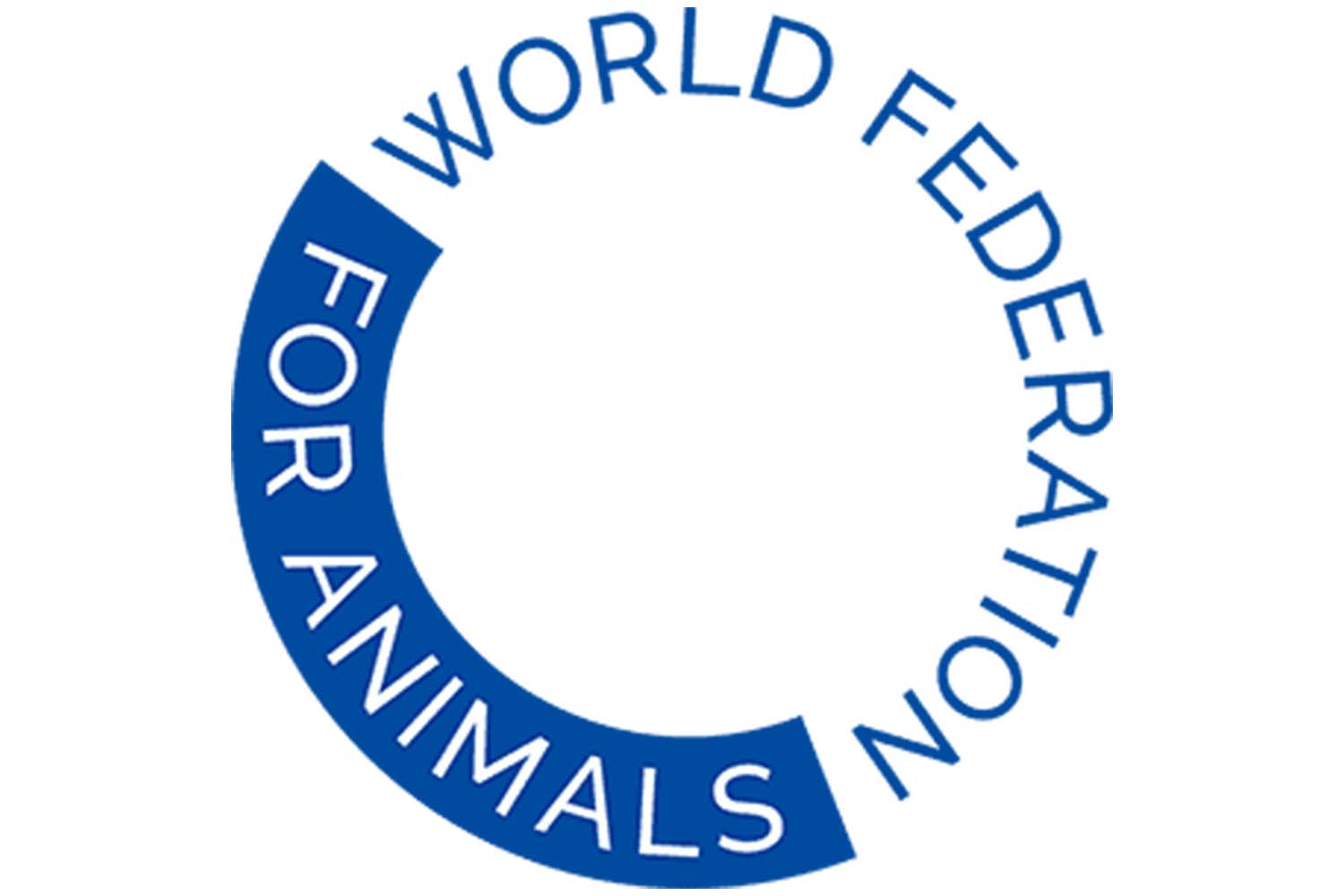
World Federation For Animals highlights missed opportunities at UNEA-6
WFA disappointed at failure to highlight link between animal welfare, the environment, and sustainable development.
Recommended Blog Posts
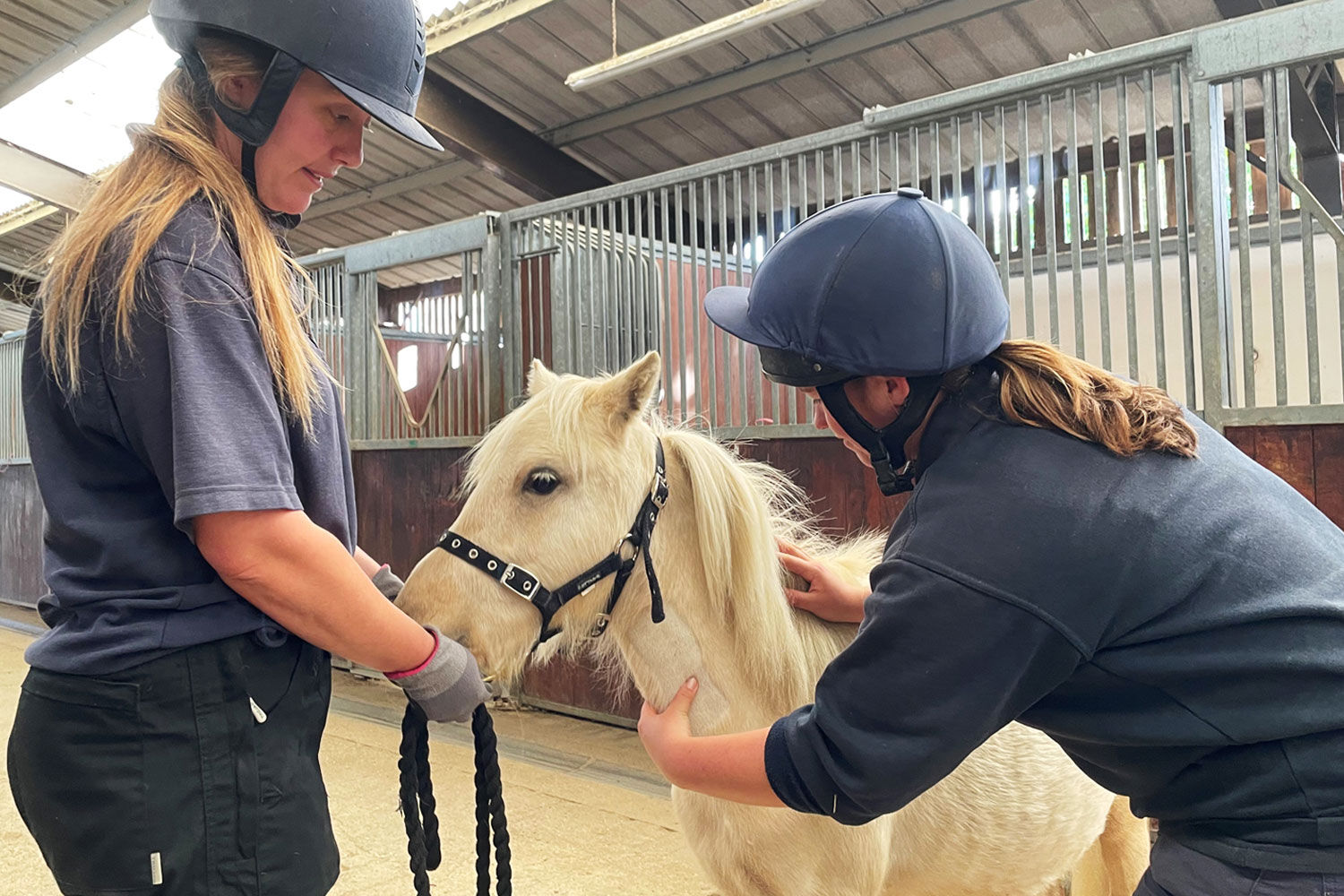
How to help a needle-shy horse overcome their fear
Grooms Amy and Emily explain how they work with horses who are nervous with needles before a visit from the vet.
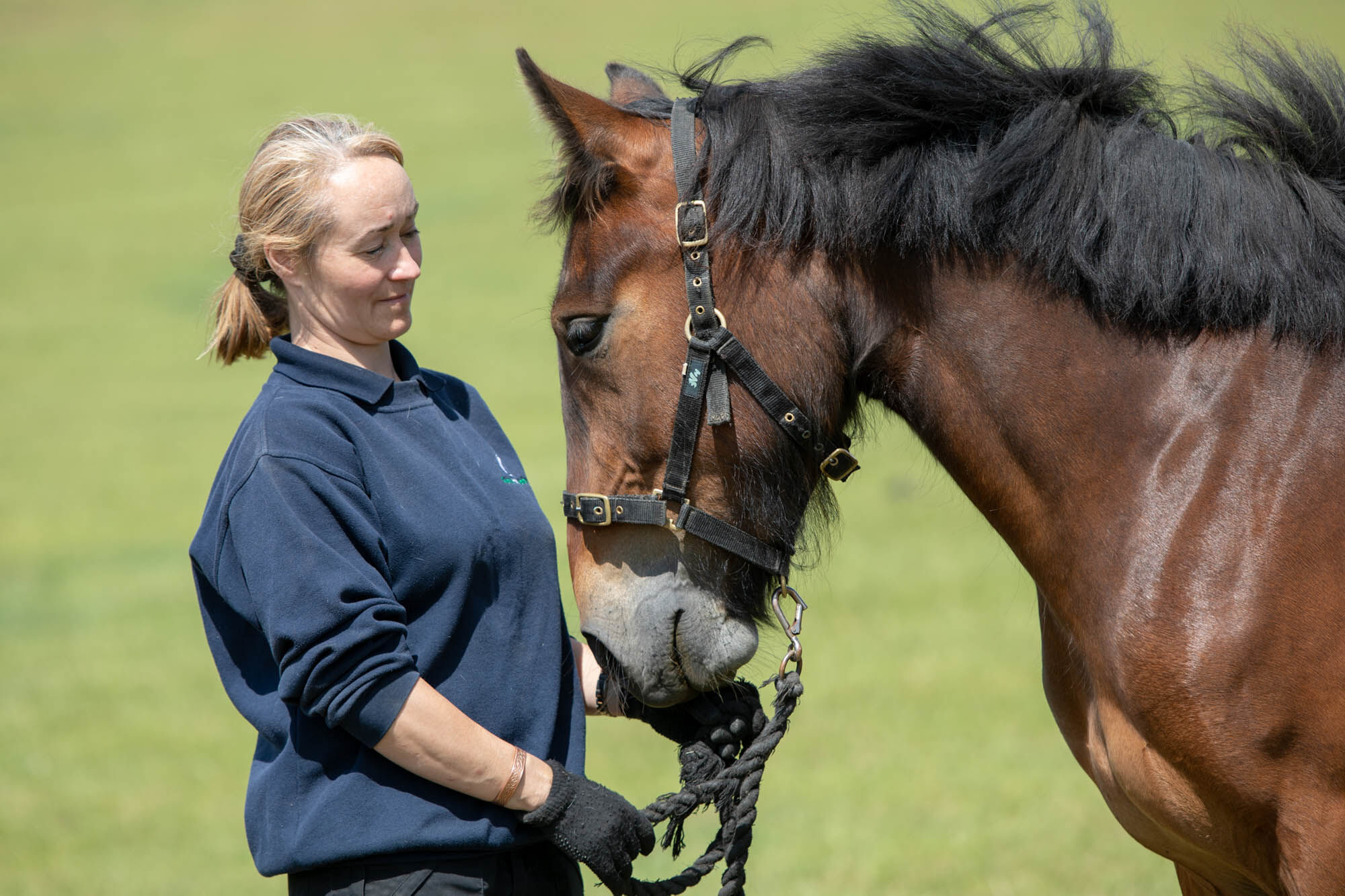
“So how does Vet Day work then?”
Claire Dickie, Glenda Spooner Farm Centre Manager, gives an overview of how vet day works at our farms.

Celebrating our international colleagues
On International Women’s Day, we catch up with some of the inspirational women from our International team.
Enjoy reading stories like this?
Join over 55,000 other horse lovers and sign up for our email newsletter

Join over 55,000 other horse lovers and sign up for our email newsletter
Sign me up now

